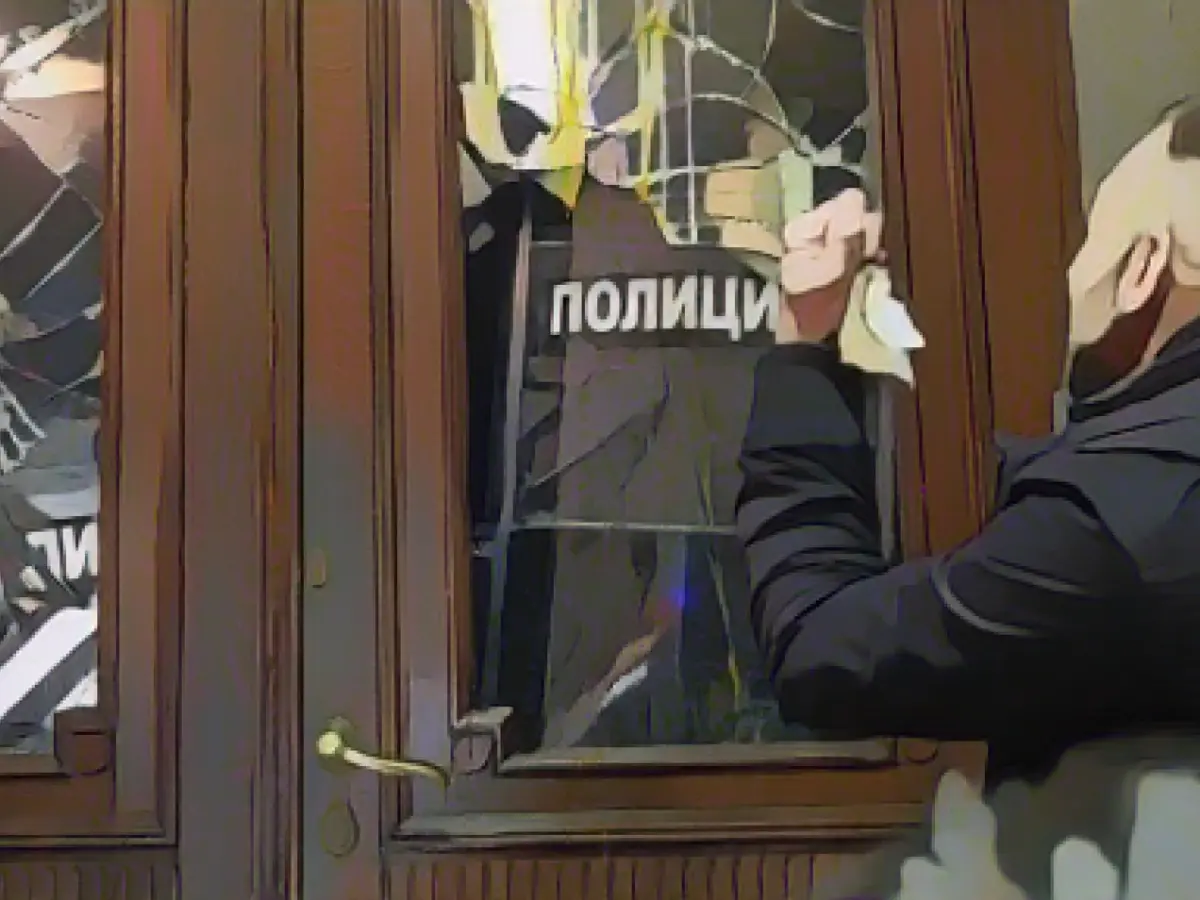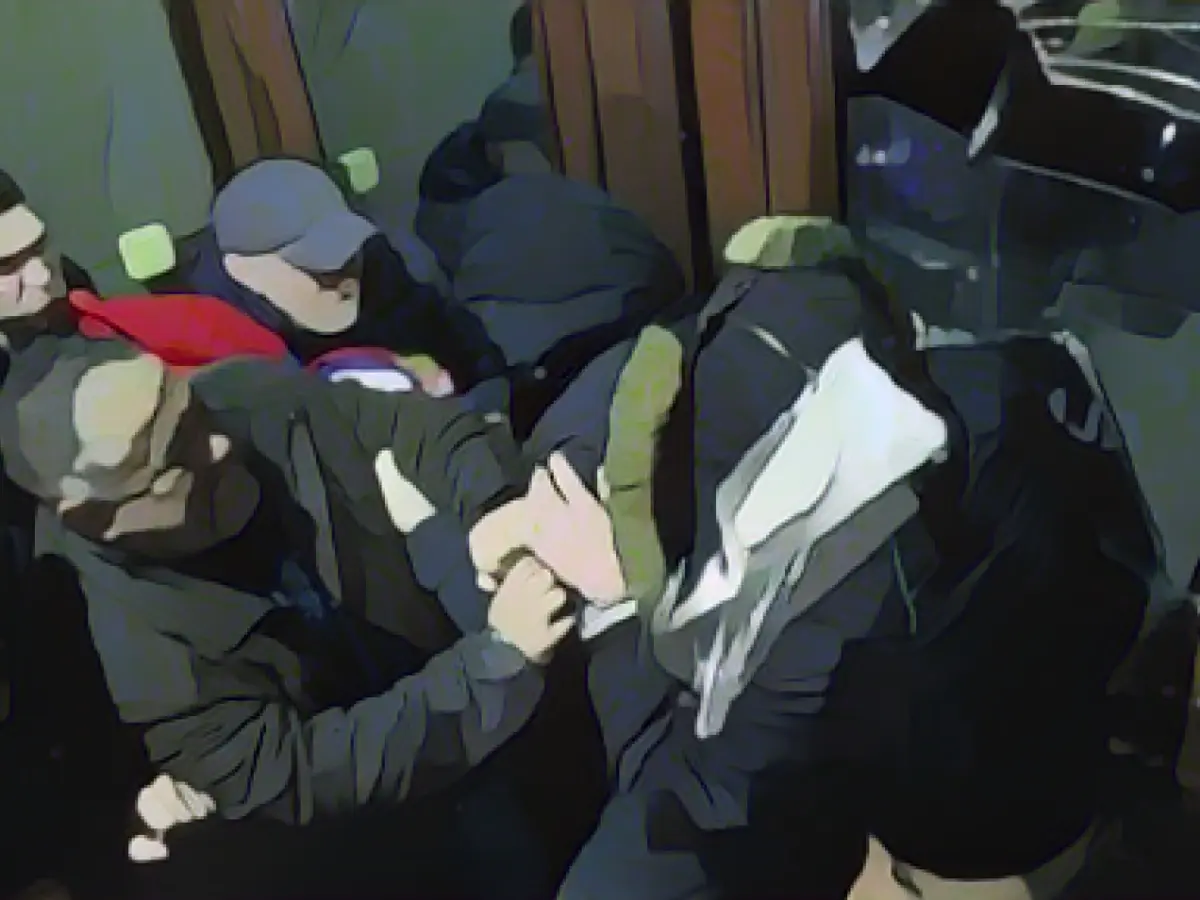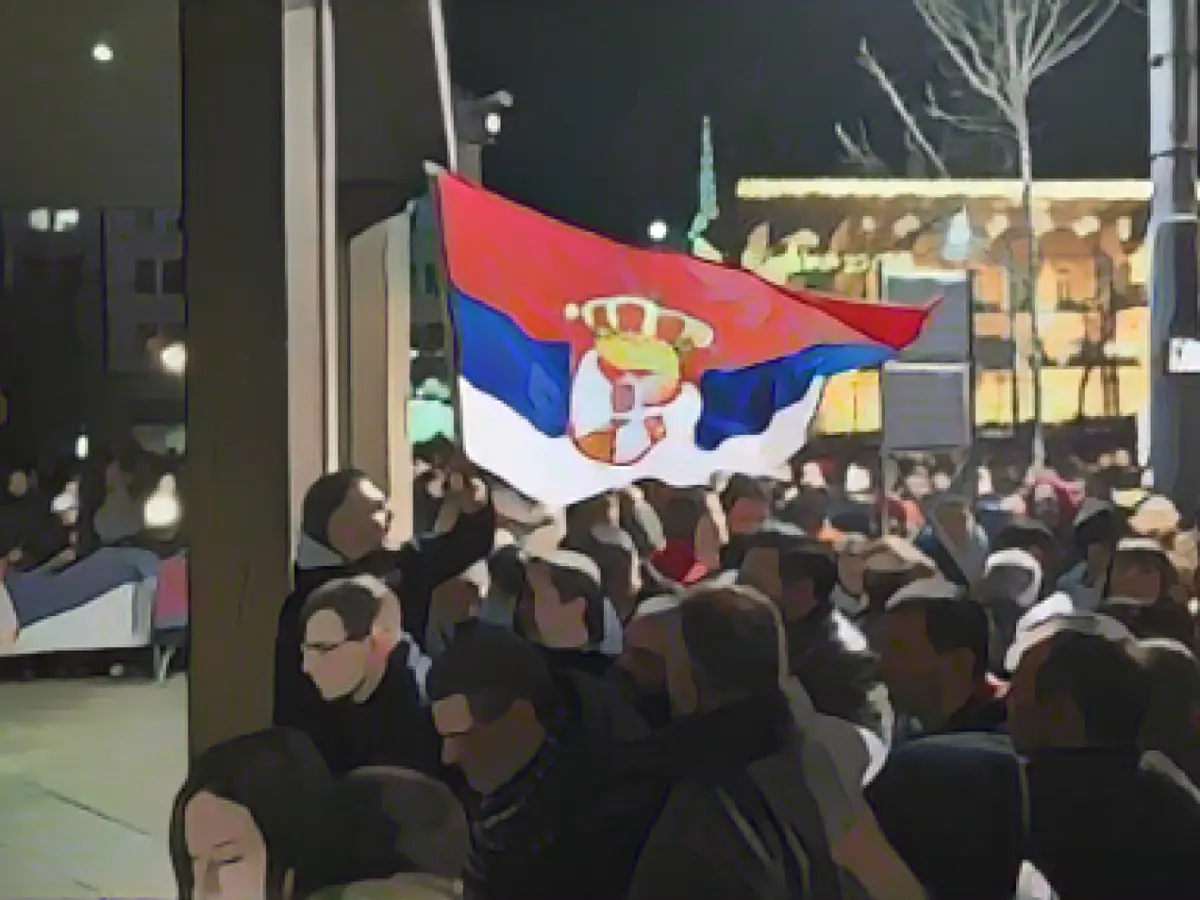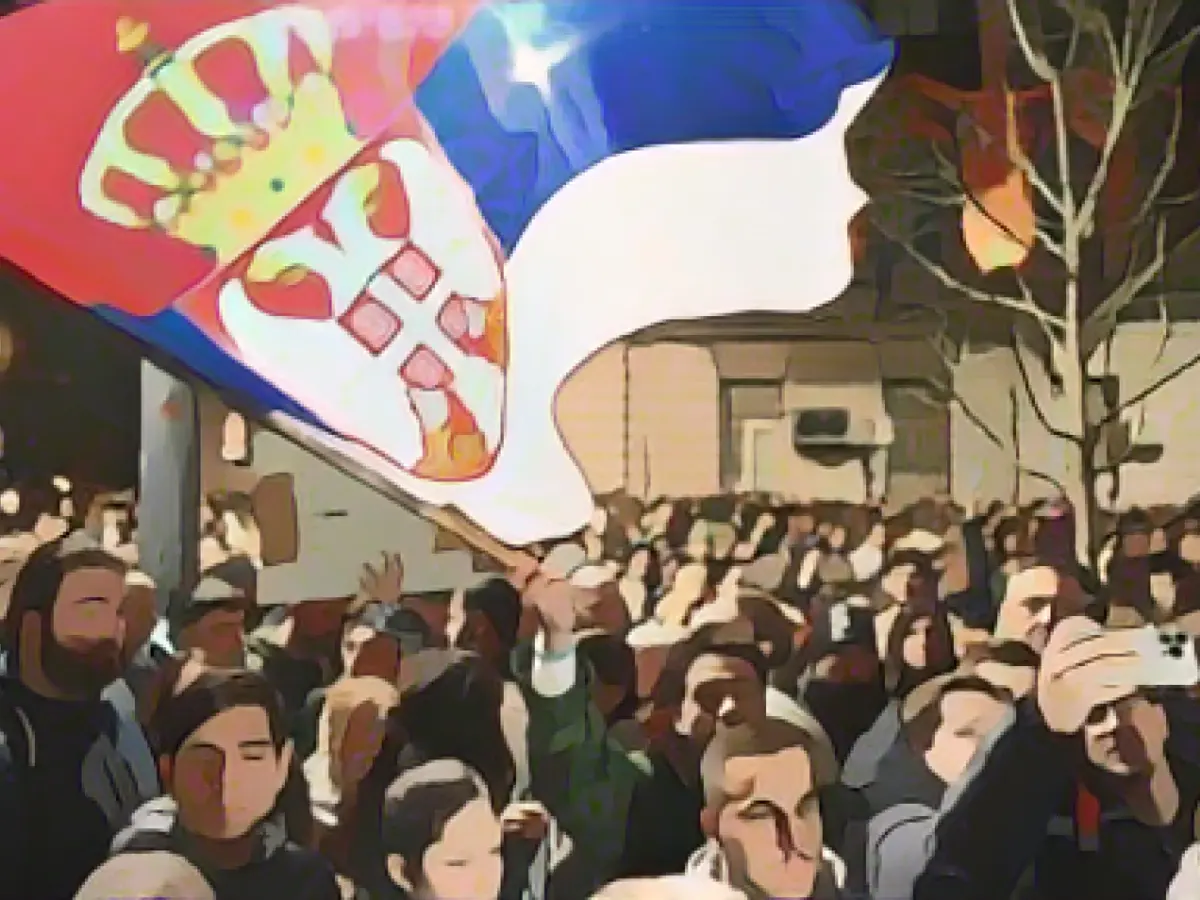Serbia's Parliamentary Elections kick off with a Bang
This Sunday, Serbia's citizens had the opportunity to cast their votes in both parliamentary and local elections, with numerous polling stations set up throughout the country, particularly in the capital, Belgrade. Despite holding power for over a decade, Serbian President Aleksandar Vucic still faced opposition from movements like Serbia Against Violence, which gained momentum following the tragic gun attacks that claimed 18 lives earlier in the year. Despite his efforts to discredit critics and protests as foreign conspiracies, inflation remains a significant issue for many Serbian voters, causing widespread discontent.
The Competition: It's not just a Two-Horse Race
While Vucic's Serbian Progressive Party (SNS) appeared poised for another win, the main opposition alliance, Serbia Against Violence, made headway as a strong competitor. As Vucic's tenure in power has allowed him to consolidate control, many have interpreted a high level of support for Serbia Against Violence as a sign of mistrust towards Vucic himself.
Inflation: A Major Concern for Voters
Inflation has been a consistent issue for Serbian citizens, causing widespread discontent and protests. Food inflation, in particular, has grown significantly since 2021, making it difficult for low and fixed-income earners to afford basic items like groceries. Additionally, regional wage disparities have grown, with a high unemployment rate of over eight percent persisting, causing many to leave the country in search of better opportunities.
Perceptions of corruption are also common in Serbia, with many linking inflation to widespread corruption within the government. Despite the country experiencing economic growth, that prosperity often fails to reach the general population, including construction workers and shop assistants.
A Look Ahead: The Aftermath of the Elections
The outcome of the recent parliamentary elections in Serbia, held on December 17, 2024, saw a victory for the Serbian Progressive Party (SNS) led by President Aleksandar Vucic. The party secured 46.75% of the votes, while the main opposition party, Serbia Against Violence (SPN), received 23.66% of the votes[1]. The SPN has since contested the results, prompting calls for an international investigation by the European Union.
As the dust settles, the impact of these elections on Serbia's political landscape remains to be seen. The determination of the electorate to push for transparency, accountability, and a more equitable distribution of resources will undoubtedly shape the country's future.
Sources:
Enrichment Data:
The Election Results: A Detailed Look
The parliamentary election in Serbia resulted in a significant victory for the ruling Serbian Progressive Party (SNS) led by President Aleksandar Vucic. According to the country's electoral commission, the SNS won 46.75% of the ballots, while the main opposition party, Serbia Against Violence (SPN), secured 23.66% of the votes[1].
Key Competitors
- Serbian Progressive Party (SNS): The SNS, led by President Aleksandar Vucic, gained 46.75% of the votes, maintaining its grip on power in Serbian politics.
- Serbia Against Violence (SPN): The main opposition party, which received 23.66% of the votes, has questioned the results and called for an international independent investigation by the European Union[1].
Inflation's Impact on Voters
The issue of inflation was a primary concern for many Serbian voters in the elections. Some key points to consider include:
- Food Inflation: Staple goods in Serbia have seen nearly or more than doubled in price since 2021, which has become a significant concern for low and fixed-income earners[3].
- Regional Wage Disparities: Despite average salary increases, regional wage disparities have grown, making it difficult for many to find employment[3].
- Perception of Corruption: Inflation is often linked to widespread corruption within the government, which is seen as a primary indicator of distrust in the state[4].
- Economic Growth: While Serbia has experienced economic growth, that prosperity has primarily benefited those in the construction and trade sectors, with the general population feeling little impact[4].
These factors have contributed to the ongoing protests and student movements in Serbia, with many demanding transparency and accountability in government spending and decision-making processes.








